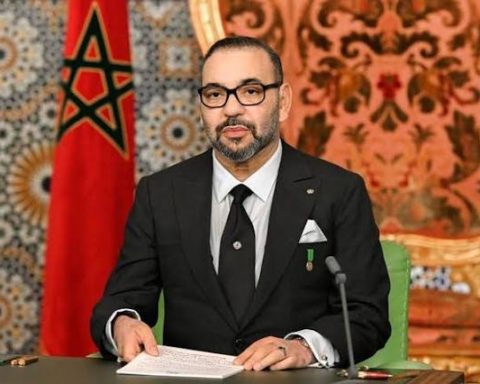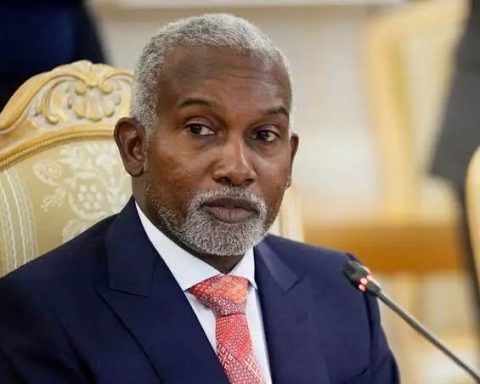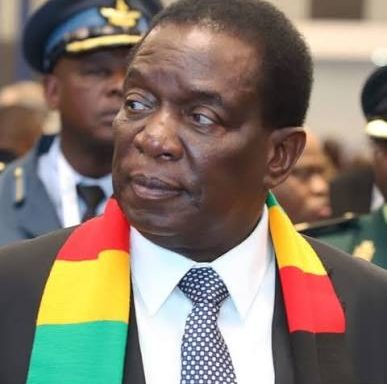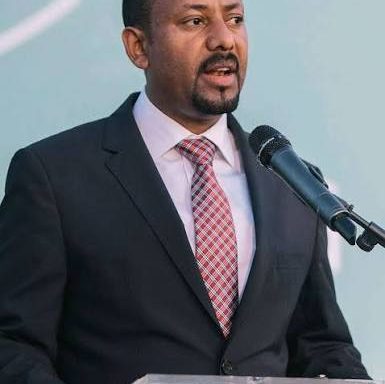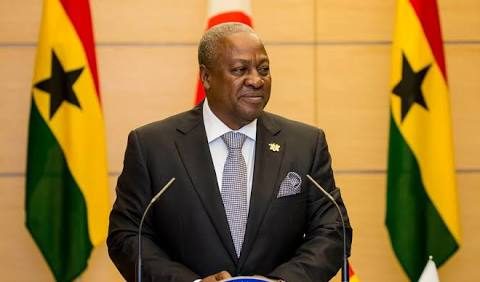The Rwandan government has refuted allegations by the United Nations that it supported the M23 rebel group in the killing of at least 319 civilians in the eastern Democratic Republic of the Congo (DRC) last month, describing the claims as baseless and “unacceptable.”
The accusations stem from a joint report published on 6 August by the UN Joint Human Rights Office (UNJHRO) and the Office of the High Commissioner for Human Rights (OHCHR).
Join our WhatsApp ChannelThe report alleges that between 9 and 21 July, M23 rebels, reportedly backed by the Rwanda Defence Force (RDF), killed 319 civilians and injured 169 others in several villages in Rutshuru Territory, North Kivu province.
In a statement issued on Monday, 11 August, Rwanda’s Ministry of Foreign Affairs and International Cooperation refuted the allegations, stating that the inclusion of the RDF in the report lacked credibility and supporting evidence.
“OHCHR alleges, without any evidence, corroboration or reported motives, that the RDF aided in the killing of 319 civilians,” the ministry said. “The gratuitous inclusion of the RDF in these allegations is unacceptable and brings into question the credibility of OHCHR and its methodology.”
The ministry further criticised the potential impact of the report on ongoing peace efforts in the region, warning that such accusations could derail diplomatic progress. It also questioned the role of UN peacekeeping operations, particularly MONUSCO, in protecting civilians.
The M23 rebel group also rejected the findings. Its spokesperson, Lawrence Kanyuka, said the report was “methodologically flawed, unverified and politically motivated.”
“The areas cited in the report: Kanyakiri, Kigaligali, Dubai, Katanga, Lubumbashi, Kasave, Kakoro and Busesa are within Virunga National Park, a protected zone where agricultural activity is strictly prohibited,” the group said.
“How could farmers have been massacred in non-existent farmlands? This glaring inconsistency proves that the UNJHRO relayed unverified information, violating its investigative standards.”
Kanyuka also accused the UN’s Kinshasa-based human rights office of relying on regime-aligned sources and publishing the report without conducting independent verification.
In a separate statement issued on 10 August, M23 accused the Congolese army and allied militias of recruiting child soldiers, a serious violation of international law. The group claimed that minors were among surrendering fighters from the Nyatura militia in Kalehe, South Kivu.
“The continued use of child soldiers by government-aligned militias is not only unlawful but reflects the moral collapse of those who claim to be protecting civilians,” the statement read, criticising the UN for its silence on the issue.
Ceasefire and Peace Process at Risk
These accusations surface just weeks after a fragile ceasefire agreement was signed in Doha, Qatar, between the DRC government and M23. On 19 July, both parties signed a Declaration of Principles that included a commitment to a permanent ceasefire, the restoration of state authority in rebel-held territories, and the start of direct negotiations.
While the agreement sparked cautious optimism, observers have warned that trust among the parties remains weak and that renewed accusations threaten to unravel recent progress.
“Trust is the currency of peace negotiations, and right now, that trust is wearing thin,” said a regional analyst based in Nairobi. “Allegations of civilian massacres and child soldier recruitment, if not addressed transparently, could derail months of effort.”
Rwanda has urged the international community to adopt a more constructive and balanced approach to the region’s crisis.
“In a context where the United Nations has long failed to protect civilians affected by insecurity, OHCHR’s sensational allegations risk undermining the ongoing processes for peaceful resolution of the conflict in DR Congo,” the Rwandan statement concluded.
As peace efforts hang in the balance, it remains to be seen whether the signatories to the Doha agreement can navigate through the growing mistrust and avoid a return to open conflict in eastern Congo which has left thousands dead and many more displaced.




